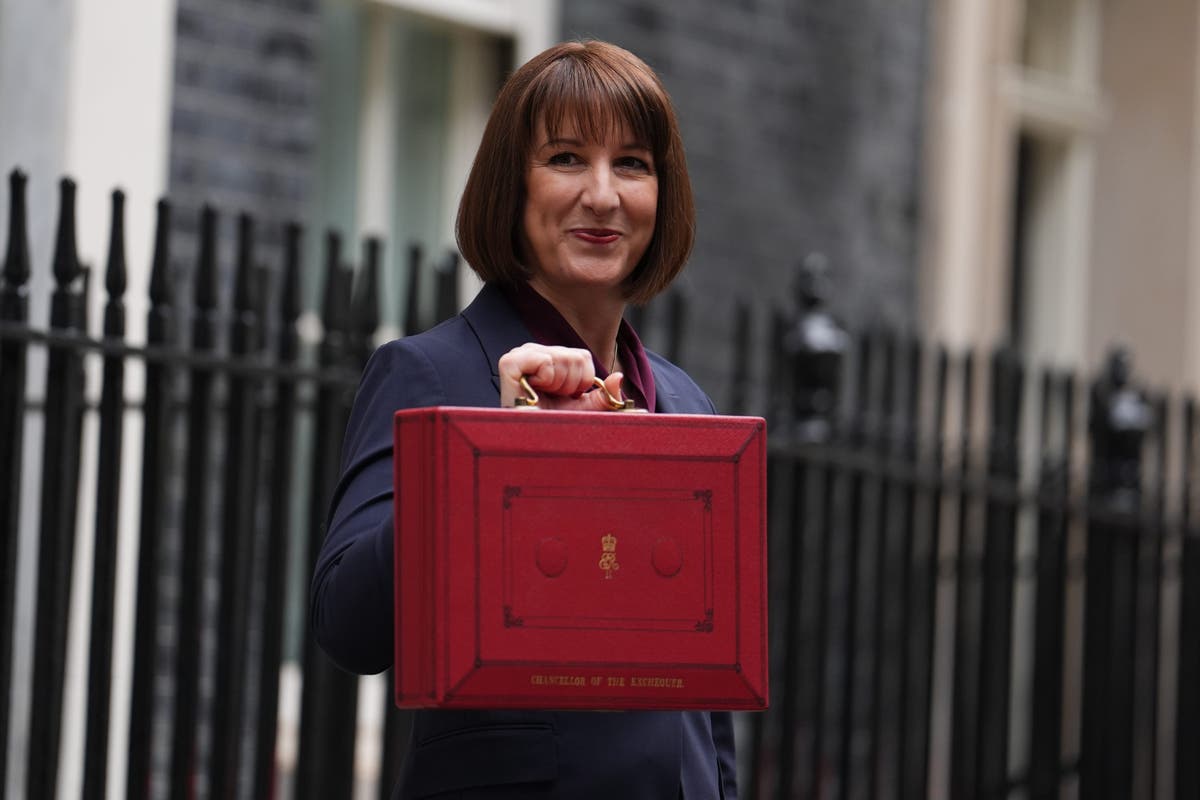Rachel Reeves, the chancellor, is in trouble. She has not allowed herself a big enough margin for error in case her painful October Budget, intended to restore the public finances, fails to do the trick.
She should ignore the opportunistic calls from the Conservatives to return from her China trip to deal with rising long-term interest rates. A hurried return would undermine market confidence further, rather than provide reassurance, and her engagement with the Chinese authorities is a pragmatic policy in the national interest.
However, she will need to give some thought to the increasingly likely possibility that the Office for Budget Responsibility’s forecast in March will suggest that one of her fiscal rules will be broken. The rule that requires day-to-day spending to be covered by receipts, within the five-year forecast period, is threatened by the rise in borrowing costs.
Hence, the speculation in the media – some of it informed by briefings from the Treasury – about what further measures may need to be announced in March to stay within the rule.
So far, the chancellor and Darren Jones, the chief secretary to the Treasury, have been determined to shut down the option of further tax rises. After last year’s embarrassment of the biggest tax-raising Budget since 1993 from a party that pretended it had no plans to raise taxes at all (apart from the minor measures in the Labour manifesto) this is not surprising. However, it may not be prudent.
The alternative is to copy the Conservative trick, deployed with increasing desperation before the election, of setting out unrealistically low spending plans for the later years of the forecast in order to bend the numbers to fit the fiscal rules.
Which is why the speculation has alighted on two areas in particular for possible spending cuts. One is that the government will continue to delay setting a date by which the target of spending 2.5 per cent of national income on defence will be met. However, given that no such target date has yet been set, continuing to fail to set it does not save any real money – it simply postpones the day when a spending increase might be planned.
The other suggestion, possibly encouraged by Treasury sources reflecting the chancellor’s instincts, is that further cuts should be made to the welfare budget. In particular, Ms Reeves is said to believe that savings can be made in disability benefits, including the personal independence payment.
On this, The Independent would urge the chancellor to be careful. She is right to be alarmed by the recent increase in spending on disability benefits, and the forecast rise over the next five years. Something has gone badly wrong for so many people to withdraw from the labour market and rely on state support for long-term sickness or disability. But solving the problem will not be easy or quick and cannot be achieved simply by making disability benefits – already among the least generous in Europe – less generous still.
The chancellor has already made one bad decision by withdrawing the winter fuel payment from thousands of pensioners living on just £12,000 a year. As The Independent has reported, even the prime minister and his chief of staff now think that this was, in hindsight, a mistake.
She must not make her error several times worse by trying to balance the books on the backs of the poorest and most vulnerable members of our society.

